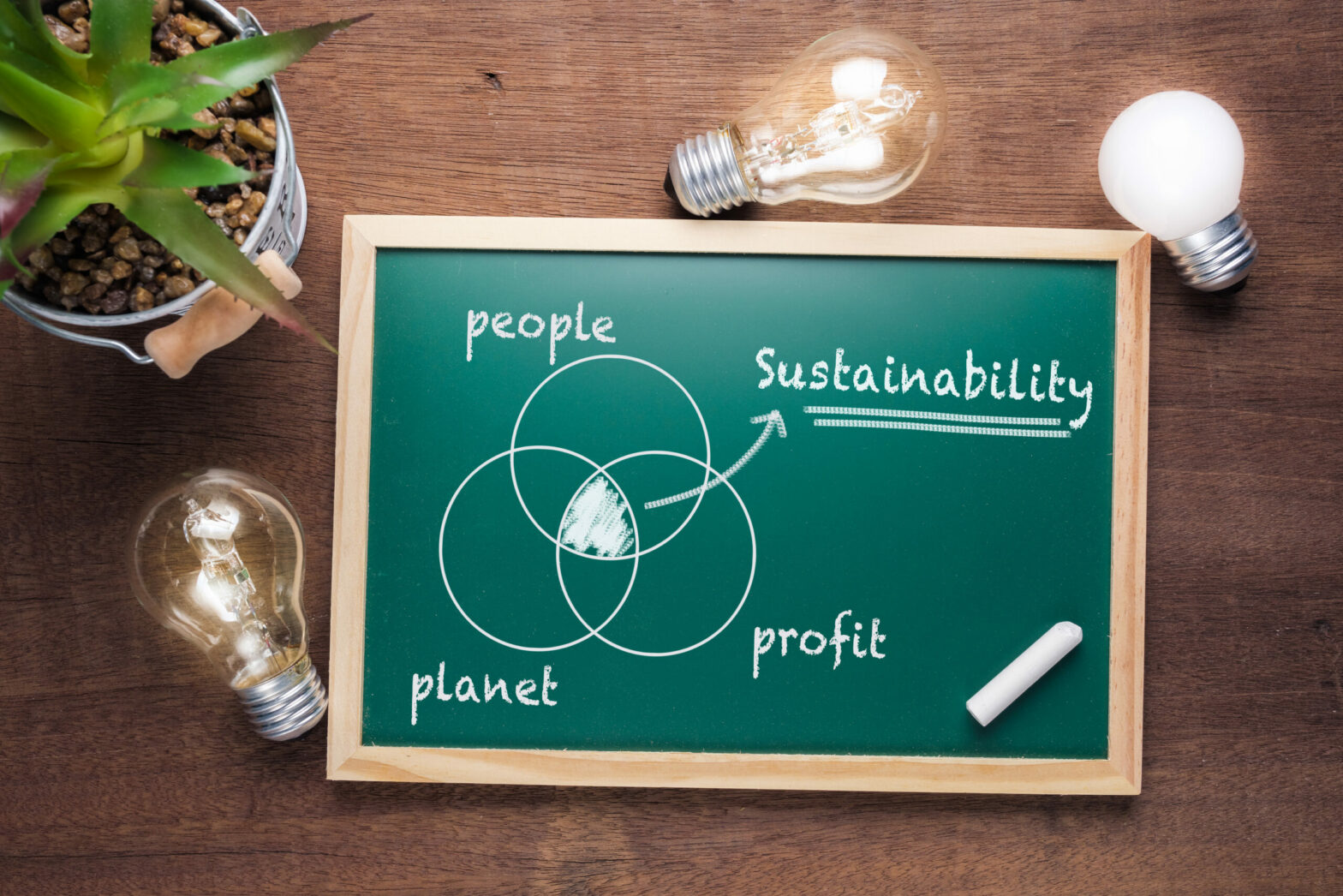Climate change is arguably the greatest challenge that we face. Everyone can make assessments of what we can personally do about sustainability, but businesses can effect change too.
A recent British Chambers of Commerce study found that the vast majority of small businesses, which make up over 97 per cent of the UK economy, have yet to put targets in place to reduce their emissions, with only 11 per cent currently measuring their carbon footprint.
It’s reasonable to imagine that even fewer are measuring their, equally important, social impact. The reasons why many start-ups don’t embrace ESG are mixed, but we suspect that many are fearful of the costs and complexity; or are unsure how sustainability will affect their operations. Everyone wants to do better, but the endless amount of information, innovation and greenwashing coupled with the dynamic nature of the broader subject leaves many companies scratching their heads and wondering where they start.
>See also: Five venture capital trends for start-ups to follow in 2022
Start-ups ignoring, either consciously or subconsciously, sustainability are missing a commercial opportunity. Those that can do better are likely to prosper, as society is increasingly recognising the necessity of addressing these issues by changing the very nature of how we do business.
‘Mark Carney, the former Bank of England governor, has called the climate challenge that we face the greatest commercial opportunity of our time’
These issues cannot be resolved using half measures. There is a sustainability crisis that requires profound change and won’t be solved by creating a small cadre of ultra-sustainable niche businesses – everyone must play a part. Significant change depends on everyone becoming more sustainable, regardless of industry. It will not only happen when consumers demand it – but also when capital is dependent upon it.
And that’s the part where investors such as us have a role to play. We can influence and make an impact because we have control over how and where we invest our capital. Investors in start-ups can encourage change by making sustainability objectives as critical to reporting as financial targets.
>See also: 6 questions you need to ask when investing in a start-up
We at Vala are integrating sustainability considerations into all of our investment decisions, regardless of the products or sectors we invest in. We will only invest in companies that have aligned the interests of shareholders with those of society and the environment.
By making our capital conditional upon change, we are putting sustainability at the heart of our decision-making, and incentivising portfolio companies to do the same. This will help portfolio companies gain access to further funding, and to see being “better” as a competitive advantage.
We have a desire to reframe the conversation with companies around sustainability – we want to know where their ambitions lie, where they can become sustainable and how they can become better businesses.
We have teamed up with FuturePlus, a new and highly-innovative platform that helps businesses, foundations, investors, financial institutions and family offices make sustainability and social purpose an integral part of their operational and investment approach. Together, we will assess each investee company’s sustainability performance against a comprehensive range of metrics, working with them to define the scale of their sustainability ambition, helping them to achieve it, whilst monitoring and reporting on their successes, milestones and performance.
Vala believes businesses being more sustainable is a commercial imperative and essential if they want to prosper and grow over the coming decades. And herein lies an excellent investment opportunity. Mark Carney, the former Bank of England governor, has called the climate challenge that we face the greatest commercial opportunity of our time, as “society places a greater value on resilience and sustainability”. We couldn’t agree more. We believe that the best start-ups to invest in are those that embrace sustainability from the outset – irrespective of the industry they operate in, or products they sell.
How start-ups can embrace sustainability
Retrofitting sustainability into your organisation will always be more expensive, time-consuming, and resource-heavy than building a sustainable business from the outset.
Alex Smith, co-founder FuturePlus, offers some advice for start-ups to instil sustainability into their everyday:
#1 – Understand
The demands are greater than ever for start-ups to understand and report their sustainability. Whether it is at the core of what you do or not, it is crucial to understand what it means to your business and stakeholders and the value that it holds. Consumers are demanding it, governments are legislating it, and capital is increasingly conditional upon it; we all know that sustainability is rising up the agenda, and by putting it at the heart of your company culture and an integral part of decision-making, rather than an aside, will help determine where you can and should have the greatest impact.
#2 – Measure
Measure what is important to you as a business and consider metrics for your environmental and social impact. We tend to “treasure what we measure”, so make sure that it is relevant to your business model and provides valuable information on what you are and aren’t doing. Once you have measured, it’s time to improve, review, and report.
#3 – Manage
Becoming sustainable can be a daunting prospect, but it doesn’t need to be. By consistently making small gains across as many areas of sustainability as you can, you can quickly make a big impact without having to spend a lot of money or enormous amounts of time. It is about understanding where you can improve, having a roadmap and consistently looking for ways to be better. It needn’t be overly demanding or detract from your core purpose and vision.
#4 – Communicate
From customers to investors to proposals and tenders, everyone wants to know what you are doing, your values and your ambitions. Greenwashing is an ever-present danger for the overly optimistic marketeer; however, if you have understood, measured, and managed your sustainability aims, you can be confident to share your wins, learnings, and ambitions to become a value-driven startup.
Jasper Smith is founder of Vala Capital
Further reading
Series A to Series D, everything you need to know about funding rounds







